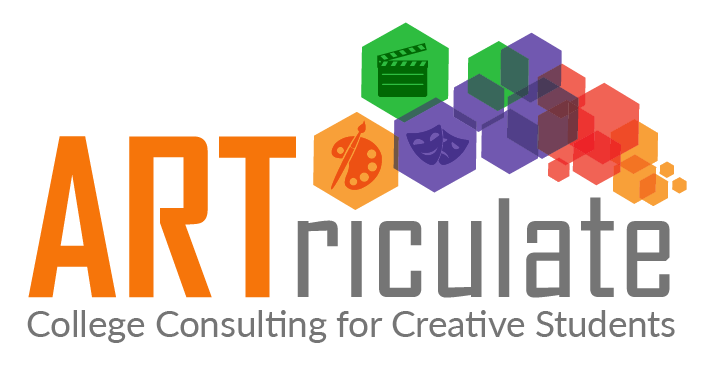Applying and Auditioning for Theatre Programs
You want to study theater in college, it’s a long worthwhile road, here’s how to prepare your applications.
Train and perform every chance you get.
Obviously, perform as much as you can, in school, in community theatre, during the summers, for your family, for anyone who will watch. It’s also important for actors to understand movement so take dance classes, or other movement classes to learn how your body moves in space, so don’t shy away from these either.
Identify and research the programs. Some things to consider:
Is the program a BA or BFA? If you don’t know the difference, read this.
Does it have the specific focus, genre, or teaching style that you want?
When can you actually start auditioning for performances?
Do they do a Senior Showcase?
What is the time commitment for performances?
Who are the faculty?
Do you like the studio spaces, and facilities?
Watch a performance, is it the environment you are comfortable in?
Outline the application process. There are a lot of details to keep track of, a spreadsheet will be your best friend.
Is there a prescreen process that then selects the applicants to audition?
Do they participate in Unifieds?
Are auditions in person and virtual (attending in person auditions could be very expensive)?
Make a spreadsheet to list required monologues, headshot formats, resume formats, prescreen formats. (It is amazing how much these details vary by school.)
Outline the written application requirements, are extra essays, letters of recommendation, or other materials required?
Calendar the deadlines, for some schools you can only submit prescreens after you submit your applications. Know when the prescreen and audition dates open.
Prepare your application. Your application will involve some or all of the following components:
The Common Application (or the University of California Application) which includes a personal statement, list of activities, transcripts, test scores, and letters of recommendation (both academic and artistic).
Supplemental college and creative essays.
Monologues, headshots and resumes.
A personal interview after the audition.
Plan for your auditions. Auditions are key to your success, don’t leave planning for the end.
Be prepared both for your monologue but also for a short conversation afterwards. The evaluator, often a faculty member, might give you small adjustments to see how you react to correction, or may ask why you performed as you did. Make sure you’ve read the whole play (not just the monologue) so you can answer any questions about the character.
National Unified Auditions, held in major cities nationwide in the winter, combine auditions for member schools (currently 26) allowing you to consolidate your audition schedule. Schools not attending Unifieds often hold their auditions on the same dates at nearby venues so be sure to check dates to efficiently plant your auditions.
If you are auditioning remotely, be sure to have a clear space with a white background and no noise available to you. Like live auditions, the reviewer may recommend some corrections and ask you about the play so be as prepared as you would be if performing live.
Working with an audition coach. Your best friend probably can’t help you, seek out a professional who understands college auditions.
There is a lot of preparation involved in applying to study dramatic arts and a considerable component of your application is your audition. Working with an audition coach will help you select monologues appropriate both for you and for the requirements of the school. We have that expertise, Sophie Isbell is a BFA Acting graduate of Pace University and works with all of our performing arts students to select the right schools for them and to perfect their monologues. Contact us to work with her today.
We can help you organize all the details, contact us to today.
